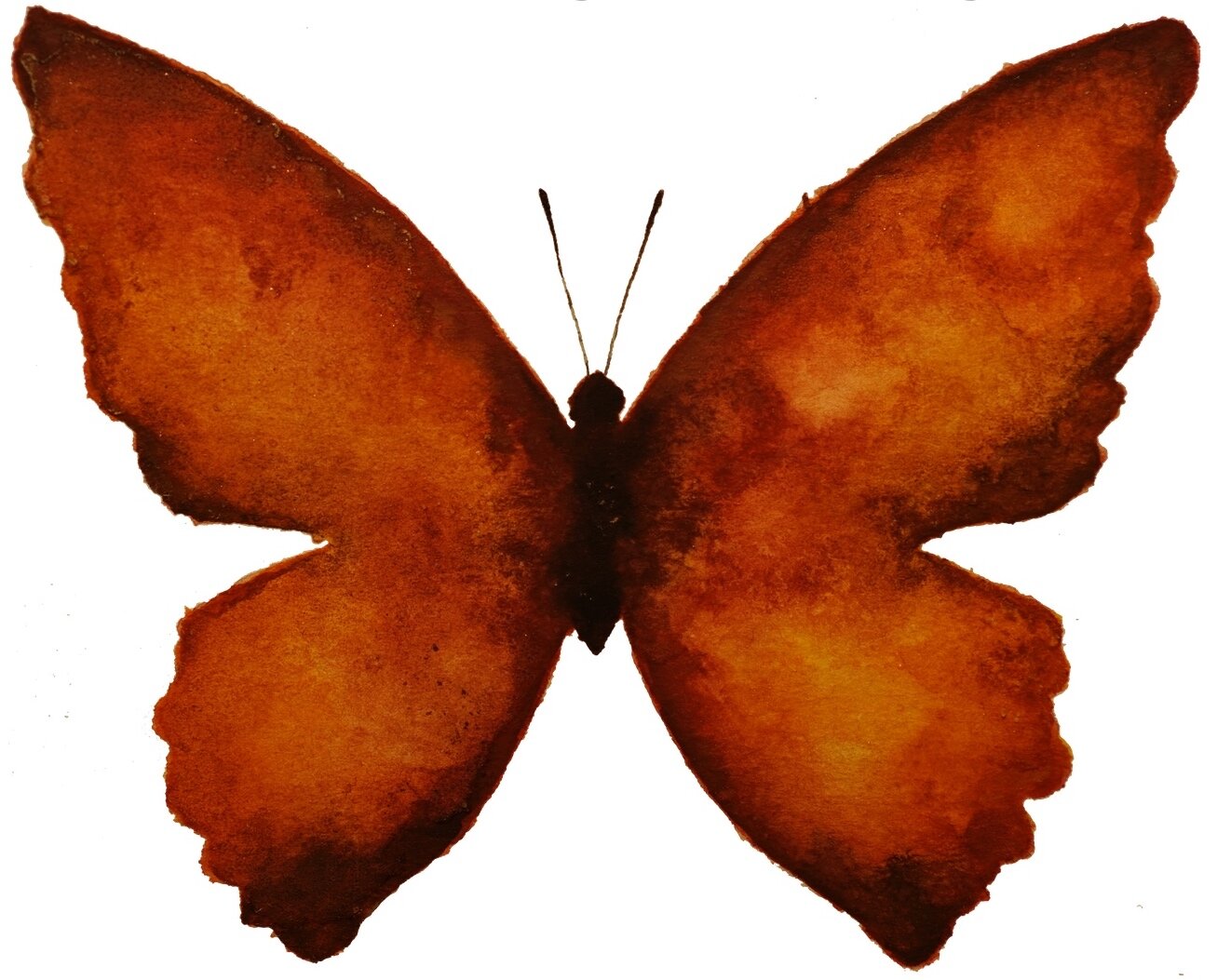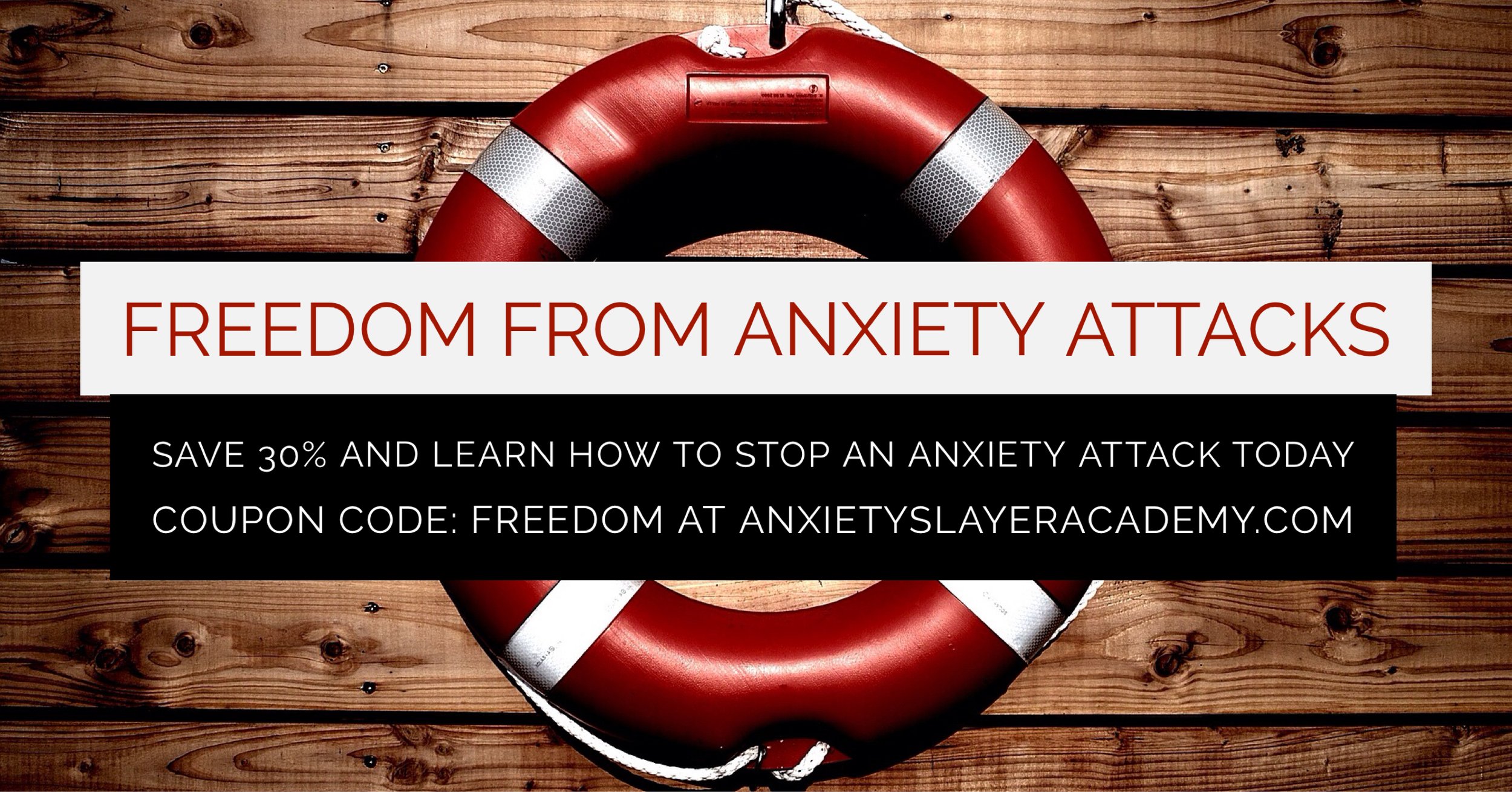697: Self-Care Tips for Anxiety Relief
This week on the Anxiety Slayer Podcast, we’re sharing supportive ways to care for yourself when anxiety builds. Listen in and learn to stop anxiety in its tracks.
Points discussed in this episode:
This week, we’re sharing some ways to care for yourself when you feel anxiety building. If you can practice one or two every day, you will find that your anxiety begins to settle, and anxiety attacks are less likely because you have a practice that stops anxiety in its tracks.
Practice Calming Breathing
One of the easiest ways to use your breath to calm your mind is to gradually lengthen your outgoing breaths.
When we’re feeling anxious, we tend to take rapid and shallow breaths, this increases the stress response and can lead to hyperventilation. Focusing on breathing out slowly helps calm anxiety and your heart rate.
Here’s how to do the Long Exhale breathing practice:
You can do this sitting or standing. Drop your shoulders and let your jaw relax.
Now breathe in slowly through your nose and count to four. Keep your shoulders down and allow your stomach to expand as you draw your breath in.
Hold for a moment.
And now release your breath slowly and fully as you count to seven.
Repeat for a couple of minutes.
Pay attention to your breathing and make sure you are comfortable, don’t strain beyond what feels easy and natural. If you can only comfortably extend your exhalation to six, that’s fine. If you gradually extend to eight or nine, that’s fine too. The main things is that your exhalation is slightly longer than your inhalation and that it has your attention.
Grounding Techniques
Grounding techniques help you stay connected to the present moment, reducing the intensity of anxiety.
The 5-4-3-2-1 Technique:
5: Acknowledge five things you can see around you.
4: Acknowledge four things you can touch around you.
3: Acknowledge three things you can hear.
2: Acknowledge two things you can smell.
1: Acknowledge one thing you can taste.
This technique is especially helpful because you can do it anywhere, not only is it calming, but it helps draw the mind away from anxious thoughts by actively noticing things around you, so it’s both grounding and a healthy diversion.
Practice Mindfulness
Anxiety and relaxation are completely opposite states, you won't experience one if you are feeling the other, and that's why mindfulness is the perfect antidote to stress and anxiety
By drawing your attention away from anxious thoughts and engaging in present moment awareness, you can begin to tame and calm an anxious mind and learn to enjoy feeling more relaxed.
Easy ways to bring mindfulness into your day
There are some simple ways to start experiencing mindfulness. Perhaps the easiest, is to start giving your full attention to the simple tasks you perform throughout the day. For example, you can practice mindfulness while gardening by giving your full attention to what you're doing when planting seeds, digging the soil, weeding, or watering. You can bring your mind right into the present moment by noticing how your hands are performing the tasks, noticing what you're seeing with fresh and curious eyes, noticing temperatures, textures, and colors. Gardening with awareness is incredibly therapeutic and relaxing to the mind.
Mindful Walking
You can practice mindfulness while walking by paying full attention to your feet connecting with the earth, watching yourself move across the ground step by step as you rest your gaze on the path a few feet ahead.
Stay Hydrated
Dehydration can lead to mood disturbances and exacerbate anxiety symptoms.
Tip: Aim to drink at least eight, 8-ounce glasses of water per day, more if you are physically active. Consider putting a grain or two of Celtic Sea Salt on your tongue before drinking.
Ayurveda recommends warm drinks for calming anxiety.
Chamomile Tea
This tea is helpful for calming anxiety and improving sleep.
Passionflower Tea
This flower has an anxiety calming effect. It can be effective in calming restlessness, nervousness, and anxiety.
Lemon Balm
Lemon Balm tea has been traditionally used to calm the nerves and to reduce every day stress. It acts as a very mild sedative, and can help improve sleep.
Our recommendations:
Pukka Teas Relax: Fennel seed, licorice root, chamomile flower, cardamom seed, ginger, marshmallow root, and oat flowering tops
Pukka Love Tea: Chamomile flower, lime flower, marigold petal, licorice root, rose flower, and lavender flower
Watch out for Caffeine and Sugar Intake
Excessive caffeine and sugar can increase anxiety levels and lead to mood swings.
Caffeine: Found in coffee, tea, and many sodas, caffeine can heighten anxiety symptoms. Consider reducing your intake or switching to decaffeinated versions.
Caffeine provokes anxiety and also mimics anxiety symptoms
Most relevant for Anxiety Slayer listeners to note is that caffeine can spark anxiety episodes because it can make us feel like we’re having an episode.
The physical responses to caffeine can feel the same as the symptoms of anxiety.
For example:
increased heart rate
feeling unsettled and restless
sweating or trembling
While caffeine might give energy, it provides edgy energy that can make us feel unsettled. Ayurveda (India’s ancient science of life) teaches that the over-stimulation of the nervous system is the leading underlying cause of anxiety.
The unpopular truth about coffee according to Ayurveda
Coffee is an addictive stimulant. It is astringent (drying) in nature, which makes it counter hydrating and particularly disruptive for vata types - the type most prone to anxiety.
Coffee provokes all three Ayurvedic body types and is considered at cause in the development of insomnia, adrenal exhaustion, chronic fatigue syndrome and anxiety.
Coffee strongly provokes vata. Some Ayurvedic experts describe getting energy from coffee as being similar to borrowing money on a credit card. Coffee gives instant energy but at a high cost to the kidneys and adrenals.
Ayurveda recommends gradually phasing coffee out while keeping well hydrated and taking extra rest.
Sugar
High sugar intake can lead to blood sugar spikes and crashes, which can affect mood and anxiety. Opt for natural sugars found in fruits and limit consumption of sugary snacks and beverages.
Special Offer on our Freedom From Anxiety Attacks Online Course
Do you fear having an anxiety attack? We can help you reclaim peace and confidence with our comprehensive online course.
Sign up today and get 30% off through the end of June.
Take the First Step Towards Freedom From Anxiety with the coupon code FREEDOM
Enroll Now at the Anxiety Slayer Academy


